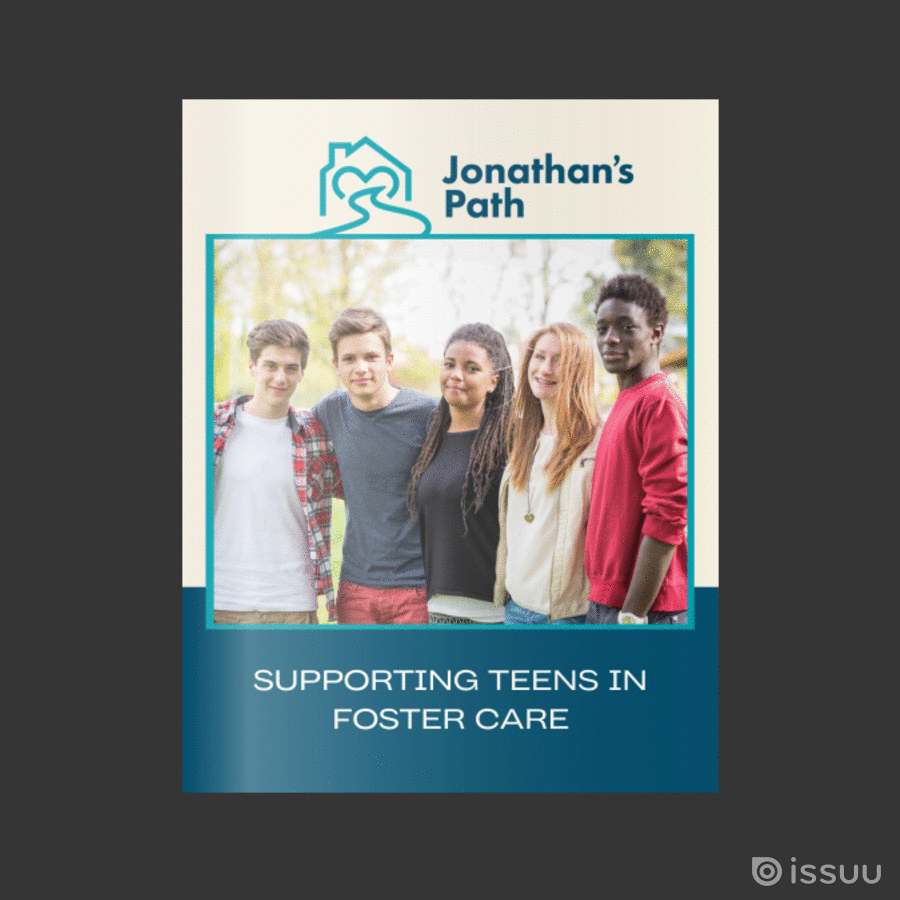This past week, JP cofounder Carrie DuRard spoke with foster parent trainer Toney Horton on the DCS Talks podcast. Together, they discussed a few of the myths surrounding teens in foster care, how those hesitations can get in the way of families opening their homes, and how Jonathan’s Path is helping fill in care gaps.
“There’s a big misconception that these teenagers are coming in ready to destroy your home and interrupt your life,” said Carrie. “That fear was in the back of our heads. But I remember the day that we received our very first placement like it was yesterday. . . When he showed up with his red eyes because you could tell he’s been crying in the car, I instantly remembered: they’re kids. At the end of the day, we’re just talking about kids that need a place.
Related: Jonathan’s Path founder talks with Serving the Community podcast
Now, as seasoned foster parents, Carrie and her husband, cofounder Jace DuRard, focus on making the each foster teen as comfortable as possible when they first arrive. “I like to call them when they’re on their way to my house, so that they can hear my voice,” she said. “I tell them I’m excited to meet them, even if it’s not under the best circumstances.”
Being foster parents is what inspired the DuRards to launch Jonathan’s Path. Since there aren’t currently enough families open to fostering teens, Jonathan’s Path is focused on providing housing and wrap-around services. “We are building and establishing homes. These homes are set up like a family. Not like a temporary stop,” says Carrie.
Jonathan’s Path also helps connect teens with a family they can come home to when they age out, as well as exposing them to the wider world through programs like Dream Big Therapy. “When you’re in DCS and you’re a teenager, your time of dreaming is not available. You’re too busy surviving. We want to make sure we carve out that time and help them understand what can be.”
Carrie says that for many teens in foster care, love has been a transaction. They only received love from their parent or caregiver if they behaved a certain way. So, the DuRards focus on correcting the internal scripts they may have learned. “Sometimes I say to them, ‘That’s probably not the smartest decision that you’ve ever made, but we love you. It’s okay,'” says Carrie. “It’s not a transactional love. When we tell you we love you, we mean it. We’re not going to give up.”
Listen to the entire interview at DCS Talks or wherever you get your podcasts.




